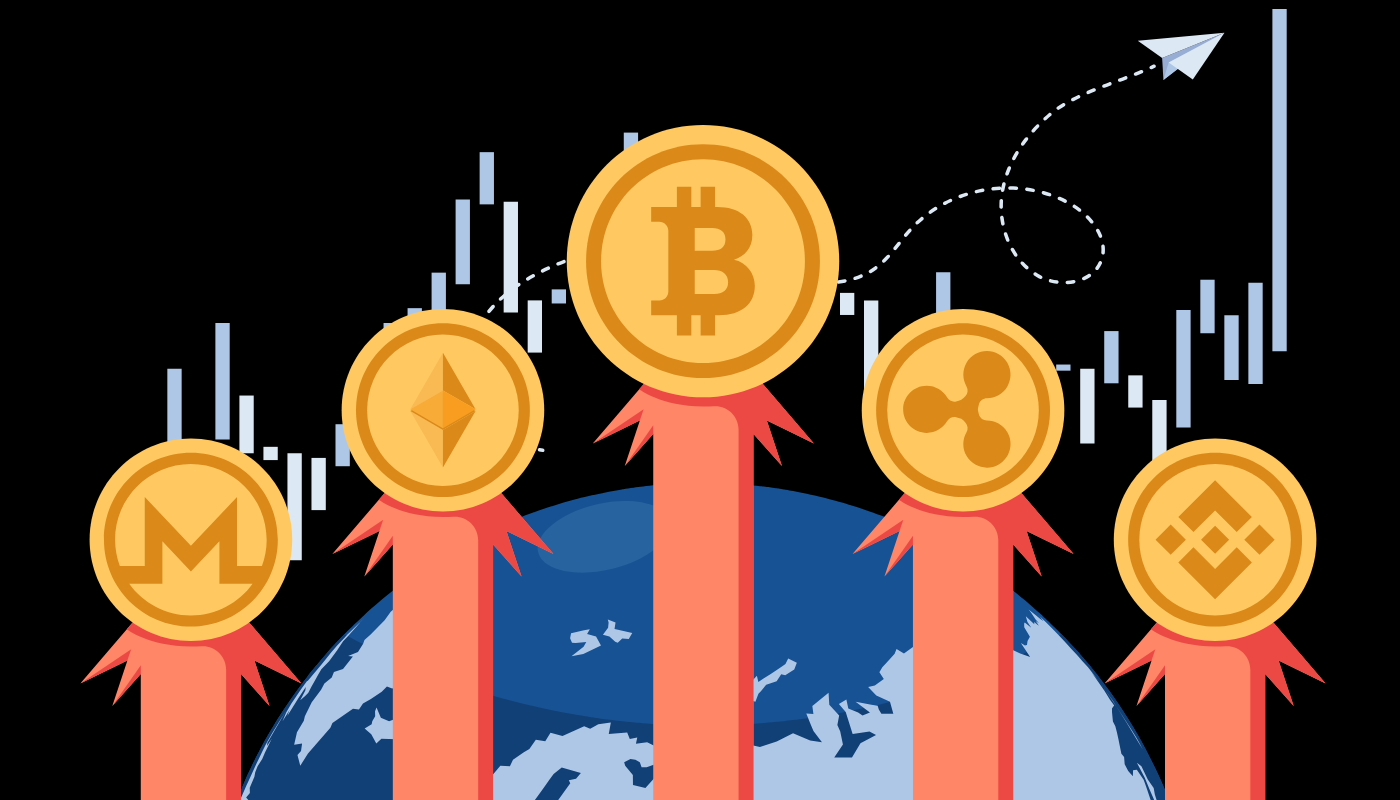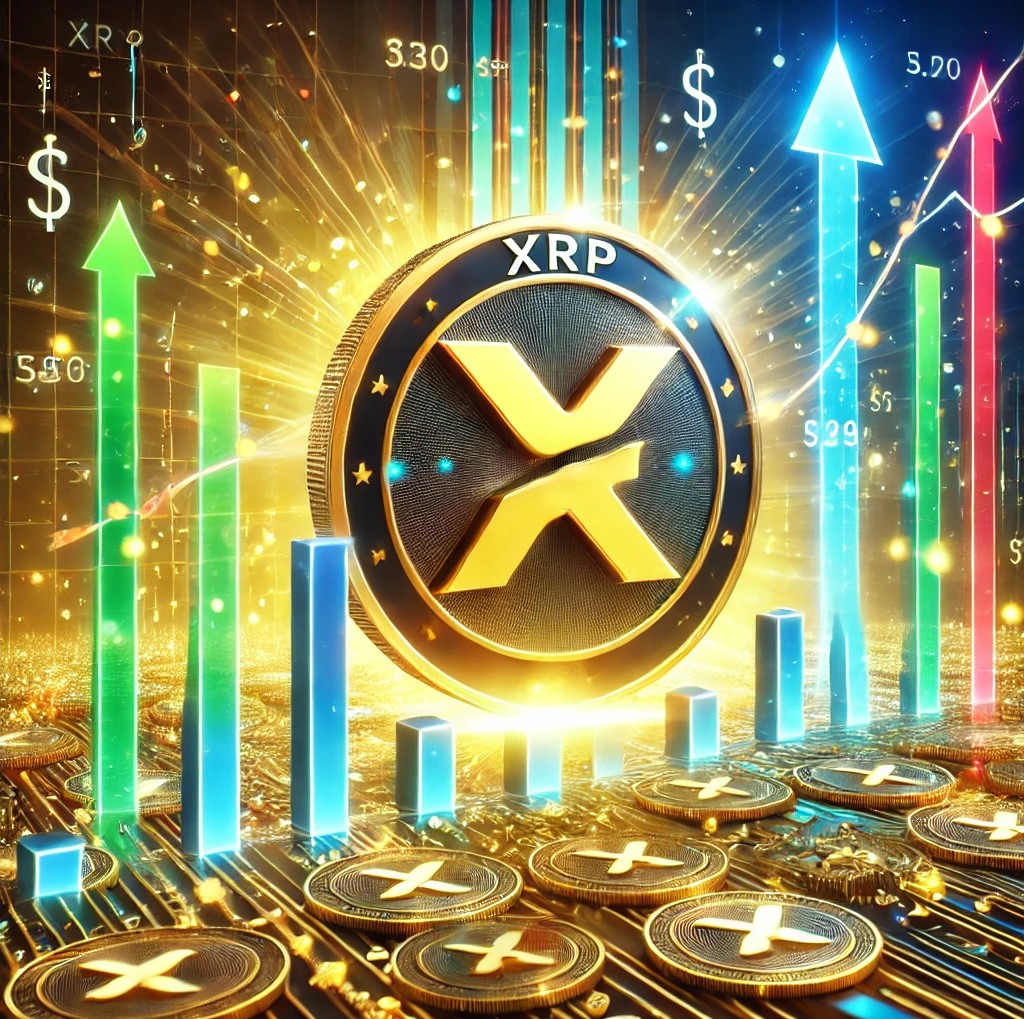ARTICLE AD
Currently, crypto exchanges in South Korea are competing against each other for dominance.
The crypto market in South Korea has surged to new heights for the first time in two years as the country’s local fiat emerges as the top choice for digital asset traders.
According to a recent research conducted by blockchain firm Kaiko, in the first quarter (Q1) of 2024, the won became the most traded fiat against digital assets, surpassing the likes of the United States dollar and the European euro in terms of cumulative trade volume.
Improving Macroeconomic Environment
As per the research, trading volume on centralized crypto exchanges (CEXs) in South Korea skyrocketed to over $456 billion in won, outpacing the $455 billion volume in US dollars.
In contrast, Euro-denominated trading pairs registered a modest $59 billion in cumulative volume, securing third place during the first quarter of 2024, which ended on March 31.
Other fiat currencies such as the Turkish lira (TRY), Japanese yen (JPY), and pound sterling (GBP) registered $50 billion, $49 billion, and $7 billion respectively in the last quarter. Kaiko attributed the market growth and the won’s outstanding performance to both the improving macroeconomic environment and the ongoing competition among local exchanges in the country.
“Overall, the improving macroeconomic environment and fierce competition among Korean exchanges have boosted trade volume on Korean markets, which hit its highest level in more than two years in early March. In Q1 2024, the South Korean Won (KRW) surpassed the US Dollar (USD) in terms of cumulative trade volume,” reads the report.
Transaction Fee War in South Korea
Currently, crypto exchanges in South Korea are competing against each other for dominance. Since 2021, Upbit has been the dominant player in the Korean crypto scene with over 82% of the market share in the past three years.
However, the tables turned in March when Bitcoin (BTC) broke its 2022 and 2023 lows to reach a new all-time high of $73,000. The market resurgence propelled many digital assets trading platforms in South Korea, including Bithumb and Korbit, to kick-off aggressive campaigns such as zero-fee trading to attract more users towards the end of 2023.
Users attracted by the zero-fee trading choose these exchanges over Upbit, reducing the company’s dominance.
For Bithumb, the exchange’s market share tripled in the months following the launch of its zero-fee campaign in October last year, while Korbit only captured 1% of the Korean market in 2024.
Despite Bithumb’s increased market share, the company has discontinued the zero-fee campaign in February this year and users are now back to paying the standard gas fee on the exchange for every transaction processed. Kaiko said the discontinuation of the campaign could be as a result of the company’s poor financial performance last year. The exchange incurred a 60% annual revenue loss for 2023.

 7 months ago
15
7 months ago
15 

